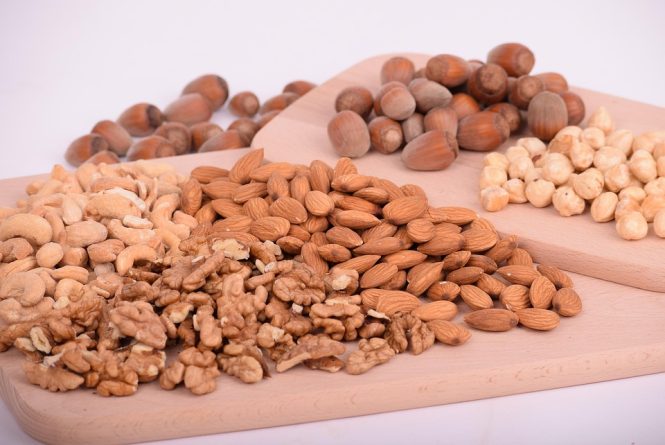
Diet for Success: How Eating a Balanced Diet Can Improve Your Overall Wellbeing
In today’s fast-paced world, it’s easy to get caught up in the hustle and bustle of daily life and neglect one of the most essential aspects of our overall wellbeing: our diet. Eating a balanced diet is crucial for maintaining our physical and mental health, and it can have a significant impact on our productivity, energy levels, and overall success. In this article, we’ll explore the importance of a balanced diet and provide tips on how to make healthy eating a part of your daily routine.
Why a Balanced Diet is Essential
A balanced diet provides our bodies with the necessary nutrients, vitamins, and minerals to function properly. When we eat a diet that is rich in whole foods, such as fruits, vegetables, whole grains, and lean proteins, we give our bodies the fuel they need to perform at their best. A balanced diet can help to:
- Boost energy levels and reduce fatigue
- Support mental health and reduce stress
- Promote healthy weight management
- Lower the risk of chronic diseases, such as heart disease, diabetes, and certain types of cancer
- Improve cognitive function and concentration
The Benefits of a Balanced Diet on Productivity and Success
Eating a balanced diet can have a significant impact on our productivity and success. When we fuel our bodies with nutritious foods, we’re able to think more clearly, stay focused, and tackle challenging tasks with ease. A balanced diet can help to:
- Improve concentration and mental clarity
- Enhance creativity and problem-solving skills
- Increase energy levels and reduce fatigue
- Support a healthy work-life balance
- Boost confidence and self-esteem
Tips for Eating a Balanced Diet
Eating a balanced diet doesn’t have to be complicated or time-consuming. Here are some tips to help you get started:
- Focus on whole foods: Emphasize whole, unprocessed foods, such as fruits, vegetables, whole grains, lean proteins, and healthy fats.
- Include a variety of colors: Eat a rainbow of colors to ensure you’re getting a range of vitamins and minerals.
- Hydrate adequately: Drink plenty of water throughout the day to stay hydrated and support overall health.
- Limit processed and sugary foods: Try to limit your intake of processed and sugary foods, which can be high in empty calories and low in nutrients.
- Cook at home: Cooking at home allows you to control the ingredients and portion sizes of your meals.
- Seek support: Share your healthy eating goals with a friend or family member and ask for their support.
- Be mindful of portion sizes: Pay attention to portion sizes to avoid overeating and maintain a healthy weight.
Incorporating Healthy Eating into Your Daily Routine
Incorporating healthy eating into your daily routine can be challenging, but it’s worth the effort. Here are some tips to help you make healthy eating a part of your daily routine:
- Plan your meals: Take some time each week to plan out your meals and make a grocery list.
- Shop smart: Shop the perimeter of the grocery store, where the whole foods are typically located.
- Pack healthy snacks: Pack healthy snacks, such as fruits, nuts, and carrot sticks, to keep you fueled throughout the day.
- Make healthy eating a habit: Try to make healthy eating a habit by eating at the same times each day and choosing healthy options automatically.
- Be kind to yourself: Remember that it’s okay to indulge occasionally and don’t be too hard on yourself if you slip up.
Conclusion
Eating a balanced diet is essential for maintaining our overall wellbeing and achieving success. By focusing on whole foods, limiting processed and sugary foods, and staying hydrated, we can give our bodies the fuel they need to perform at their best. Remember to be kind to yourself, seek support, and make healthy eating a habit to achieve a balanced and successful life. With a little practice and patience, you can develop healthy eating habits that will serve you well for years to come.